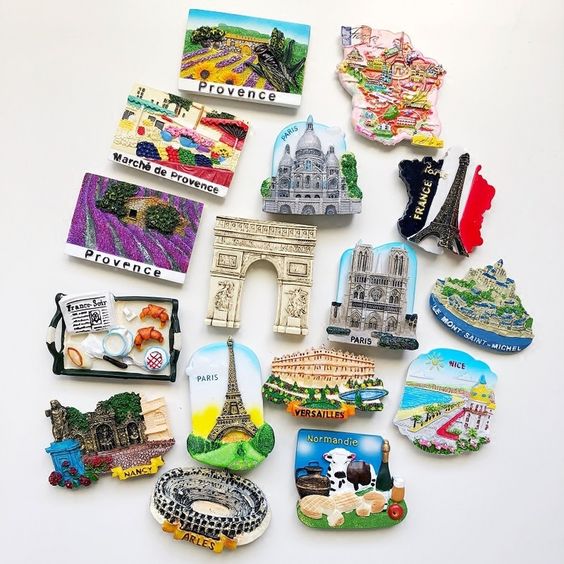Introduction to Quality Control in Souvenir Manufacturing
Quality control (QC) is a systematic process that ensures products meet specified standards and customer expectations. In the context of souvenir manufacturing, QC involves monitoring and evaluating various production stages to detect and rectify defects, ensuring that each item reflects the desired quality and authenticity.
Implementing robust QC measures is vital for several reasons:
- Customer Satisfaction: High-quality souvenirs enhance customer experience, leading to repeat business and positive word-of-mouth.
- Regulatory Compliance: Adhering to international quality standards helps avoid legal issues and facilitates smoother entry into global markets.
- Brand Reputation: Consistently delivering quality products strengthens brand image and builds trust with consumers and partners.
Key Components of an Effective Quality Control System

Developing a comprehensive QC system involves several critical elements
1. Raw Material Inspection
The foundation of a quality product lies in the materials used. Conduct thorough inspections of raw materials to ensure they meet predefined standards. This proactive approach prevents defects from the outset.LinkedIn
2. In-Process Quality Checks
Regular assessments during the manufacturing process help identify and address issues promptly. Implementing checkpoints at various production stages ensures that deviations are corrected before they escalate.
3. Final Product Testing
Before products reach the market, conduct comprehensive testing to verify their functionality, durability, and safety. This step guarantees that only items meeting all quality criteria are distributed.
4. Standard Operating Procedures (SOPs)
Develop clear SOPs for all processes to maintain consistency and provide guidance for employees. Well-documented procedures serve as a reference, ensuring uniformity in operations.
5. Employee Training
Equip staff with the necessary skills and knowledge through regular training programs. An informed workforce is better prepared to uphold quality standards and identify potential issues.
Benefits of Implementing Quality Control Measures

Integrating QC processes offers numerous advantages:
- Enhanced Product Consistency: Uniform quality across products reinforces brand reliability.
- Reduced Waste and Rework: Early detection of defects minimizes material wastage and the need for rework, leading to cost savings.
- Compliance with Export Standards: Meeting international quality benchmarks facilitates smoother export processes and broadens market reach.
- Increased Customer Loyalty: Delivering quality products fosters trust and encourages repeat purchases.
Challenges in Quality Control and How to Overcome Them
While QC is essential, manufacturers may encounter obstacles:
1. Maintaining Consistency Across Batches
Variations between production runs can occur. Solution: Implement stringent process controls and regular equipment calibration to ensure uniformity.
2. Balancing Cost and Quality
Higher quality often involves increased costs. Solution: Conduct cost-benefit analyses to find an optimal balance, investing in quality where it yields the most significant returns.
3. Keeping Up with Regulatory Changes
International standards may evolve. Solution: Stay informed about industry regulations and adapt QC processes accordingly to maintain compliance.
Case Study: Quality Control in Action

Consider a souvenir manufacturer specializing in handcrafted items. By implementing a QC system encompassing raw material checks, in-process inspections, and final product testing, the company achieved:
- 30% Reduction in Defect Rates: Early detection and correction led to fewer defective products.
- 20% Increase in Customer Satisfaction Scores: Consistent quality enhanced customer experiences.
- 15% Growth in Repeat Orders: Improved product reliability fostered customer loyalty.
These outcomes underscore the tangible benefits of a robust QC system.
Conclusion
In the competitive landscape of souvenir manufacturing, prioritizing quality control is not merely an option but a necessity. By establishing and maintaining effective QC measures, manufacturers can ensure product excellence, comply with international standards, and build lasting relationships with customers. Investing in quality today paves the way for sustained success and a reputable brand tomorrow.
- Resin vs. Ceramic: A Data-Driven B2B Comparison for High-Volume Souvenir Orders - February 4, 2026
- AQL 2.5 vs. 4.0: Defining Acceptable Defect Thresholds for Mass-Produced Tourist Magnets - January 28, 2026
- The Importer’s Guide to Total Landed Cost (TLC): Calculating the Real Price of Resin Souvenirs from Quanzhou - January 21, 2026




